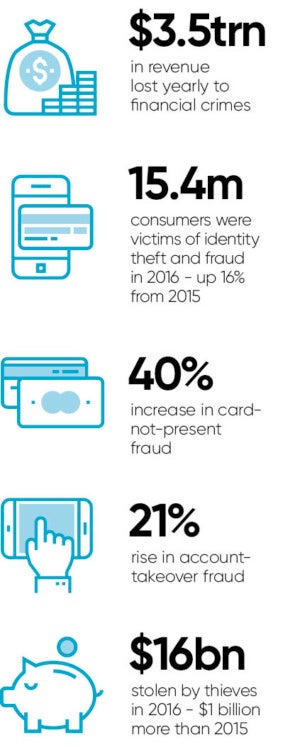 Chief information officers regale how they’re going to harness data, wrangle it, apply machine-learning and make a difference to their bottom line.
Chief information officers regale how they’re going to harness data, wrangle it, apply machine-learning and make a difference to their bottom line.
“Yet most organisations are plagued with inaccurate data and poor contact details,” says Barley Laing, managing director of Melissa Global Intelligence, a company with more than 30 years’ experience and over 10,000 customers relying on its data-quality solutions.
“There’s a lot of hype around big data. Yet the quality of any set of information is crucial. With clean, verified data you can make informed decisions; with poor data that’s not verified you make ill-advised ones.”
Expectations around data quality have risen dramatically since the financial crisis. Static, raw data is no longer viable; corporations must now be able to clean, aggregate and perform advanced analyses on dynamic data. This creates actionable intelligence that informs boardroom decisions. This only comes from trusted data assets.
“Regulatory reporting and risk analytics are now imperative in this economic climate. There is a much greater duty of care. Having more timely and accurate data is essential for making risk and return trade-off decisions. It’s about maximising corporate resilience, shareholder returns and accountability,” says Mr Laing, whose clients include central and local government, BAE Systems, Visa, Citi and Nestlé.
New figures show that identity fraud has hit the highest levels ever recorded, according to Cifas, the UK fraud prevention service. Nearly 173,000 identity frauds were recorded in 2016 of which 88 per cent were perpetrated online.
“It’s increasingly vital for all organisations to be able to properly verify and format as many data points as possible, whether it’s personal ID, postal addresses, e-mails or mobile phone numbers. Fraudulent, duplicate and incorrect contact data is an expensive loss,” explains Mr Laing.
If you have reliable data, you own the customer; if you own the customer, you own the future
Melissa Global Intelligence has been a pioneer in data-quality management since 1985. This has enabled the company to build technologies that address the data challenge and to establish trusted data sources in the process, scaled up across the world, creating a gold standard in global ID verification.
“We are the identity piece in the data puzzle. We can check your individual data to see if you’re real. We can verify an individual’s name, address, phone, e-mail, date of birth and national ID against trusted multi-sourced reference data. There are few firms that have the global footprint that Melissa has,” says Mr Laing.
“The issue is that CIOs think data verification involves huge costs. The fact is it doesn’t. Then again can companies afford not to do it? The amount of time and effort that’s wasted with wrong mailings and marketing is vast. Clean, accurate data translates to the bottom line. If you have reliable data, you own the customer; if you own the customer, you own the future.”
Many CIOs do understand the need to have clean, less vulnerable data, but they struggle to implement a solution. Other organisations don’t have the skillsets to implement it. Also no one likes to admit they have data quality issues.
However, new legislation will change the data security landscape next year, when companies can be fined tens of millions of pounds or 4 per cent of global annual turnover for data breaches under the new EU General Data Protection Regulation.
“It’s not going to be a matter of choice. It’ll be law. We’re reaching the tipping point. The fact is data is too vulnerable. Few people run into a bank now and steal by the back door. Instead they sit in their attic and use identity fraud,” warns Mr Laing.
For more information please visit www.melissadata.co.uk

